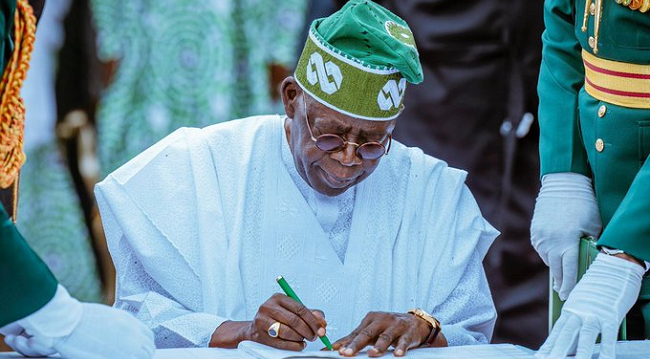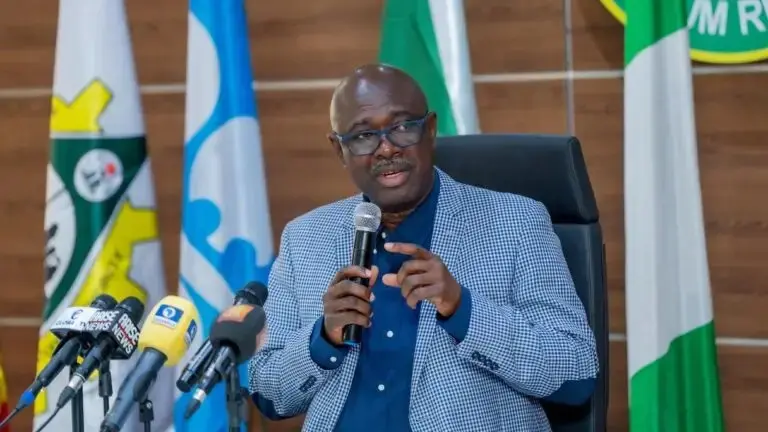President Bola Ahmed Tinubu of Nigeria has arrived in Rio de Janeiro, Brazil, ahead of the much-anticipated BRICS Summit. This international gathering, which will take place in the vibrant city known for its stunning beaches and rich cultural heritage, brings together leaders from five major emerging economies: Brazil, Russia, India, China, and South Africa. The summit presents a crucial platform for discussing global economic challenges, trade partnerships, and geopolitical dynamics.
Strengthening Economic Ties
As President Tinubu steps into this pivotal moment, he carries with him the aspirations of a nation eager to enhance its role on the global stage. The BRICS Summit represents an opportunity for Nigeria to strengthen its economic ties with other member countries. Nigeria, as Africa’s largest economy, plays a vital role in the continent’s growth and development. Tinubu’s participation underscores Nigeria’s commitment to fostering cooperation with other emerging economies, aiming to boost trade and investment opportunities.
During the summit, President Tinubu is expected to engage in high-level discussions focused on various critical issues, including climate change, sustainable development, and food security. These topics are not only pertinent to Nigeria but resonate with the broader goals of the BRICS nations. The leaders will likely explore collaborative efforts to tackle these challenges and promote inclusive growth.
Moreover, the president’s arrival in Brazil comes at a time when Nigeria seeks to diversify its international partnerships beyond traditional allies. By engaging with the BRICS nations, Tinubu aims to position Nigeria as a key player in the global economy, leveraging the collective strengths of these emerging markets to advance national interests.
A Platform for Dialogue and Collaboration
The BRICS Summit also serves as a vital platform for dialogue among member states. Conversations at this level can lead to significant diplomatic breakthroughs and collaborative initiatives. President Tinubu’s presence highlights Nigeria’s willingness to contribute to discussions that shape the future of global governance.
In addition to formal meetings, the summit will provide opportunities for informal networking among leaders and business executives. This interaction can lead to new partnerships and investment opportunities, crucial for Nigeria’s economic growth. Tinubu is expected to promote Nigeria’s favorable investment climate, showcasing sectors such as technology, agriculture, and renewable energy.
As President Tinubu engages with his counterparts, he will likely emphasize Nigeria’s strategic importance in Africa and the potential for increased trade relations within the BRICS framework. The summit represents not just a diplomatic engagement but also a chance for Nigeria to assert its influence on the global stage.
In conclusion, President Tinubu’s arrival in Rio de Janeiro for the BRICS Summit marks a significant step in Nigeria’s diplomatic efforts. Through this platform, he aims to strengthen economic ties, engage in meaningful dialogue, and explore collaborative solutions to shared challenges. As the world watches, Nigeria’s active participation in BRICS could pave the way for enhanced cooperation and growth for the nation and the broader African continent.



